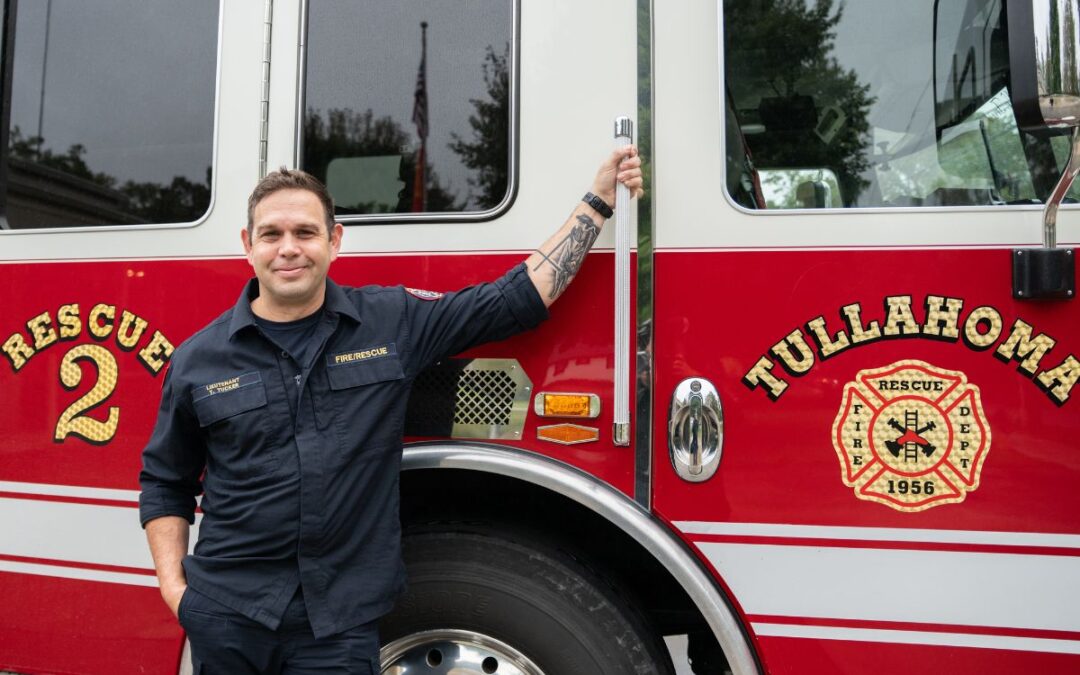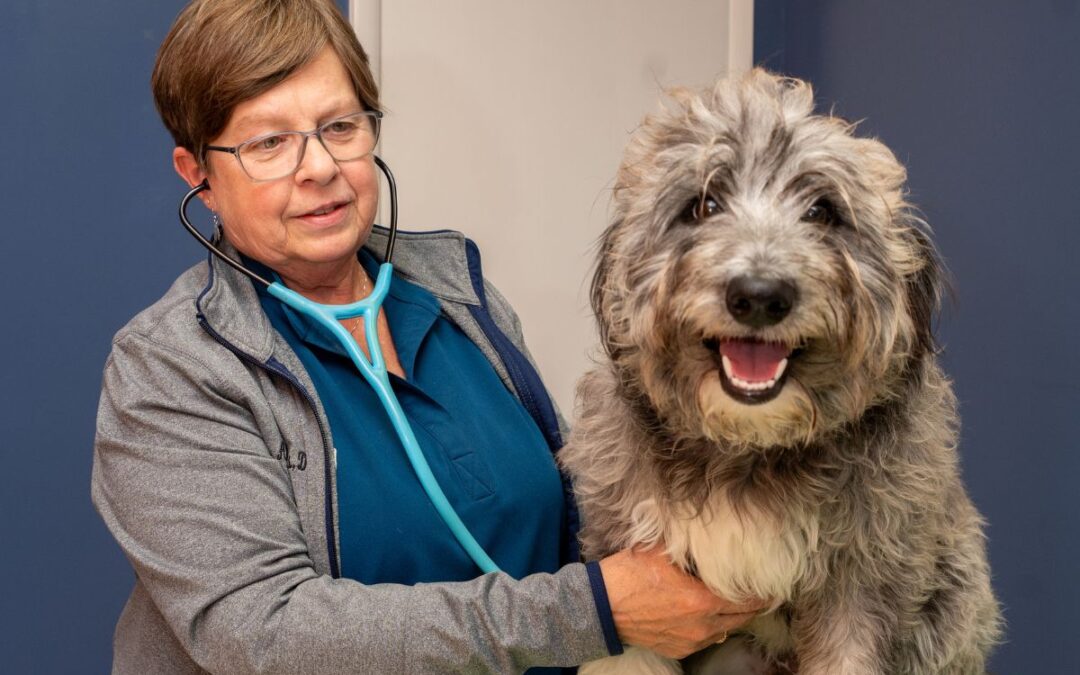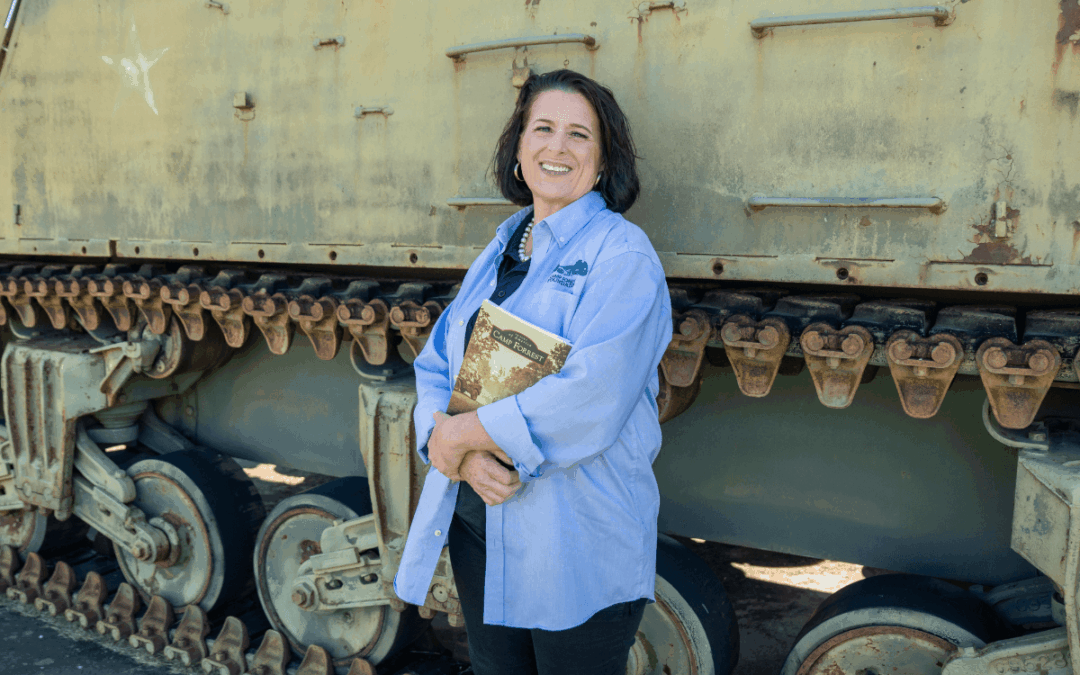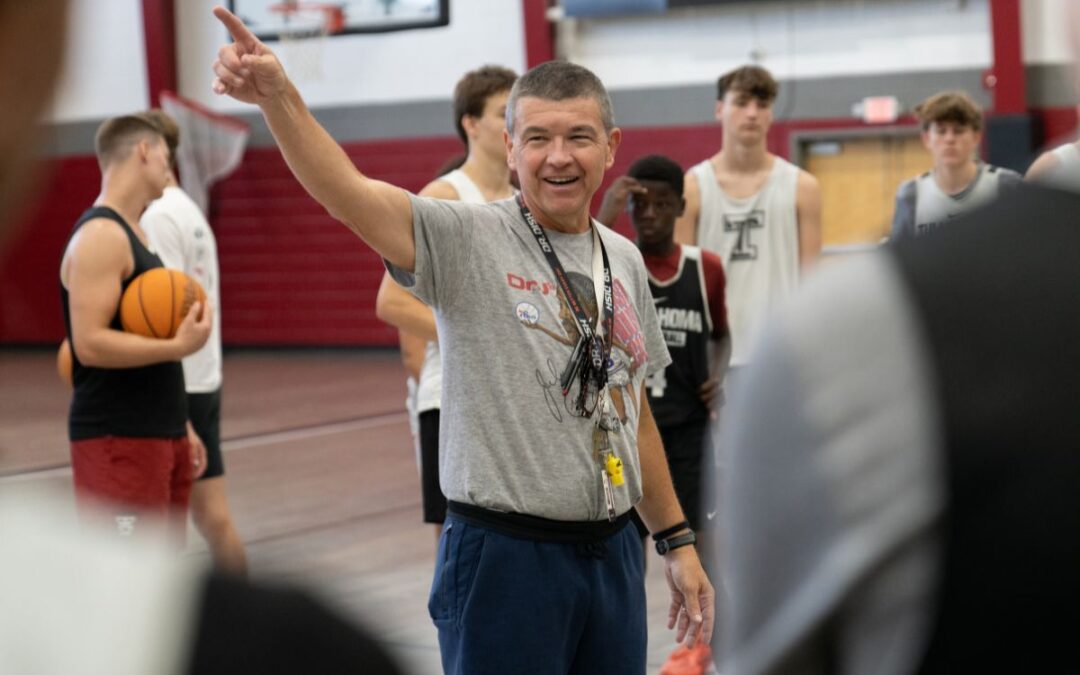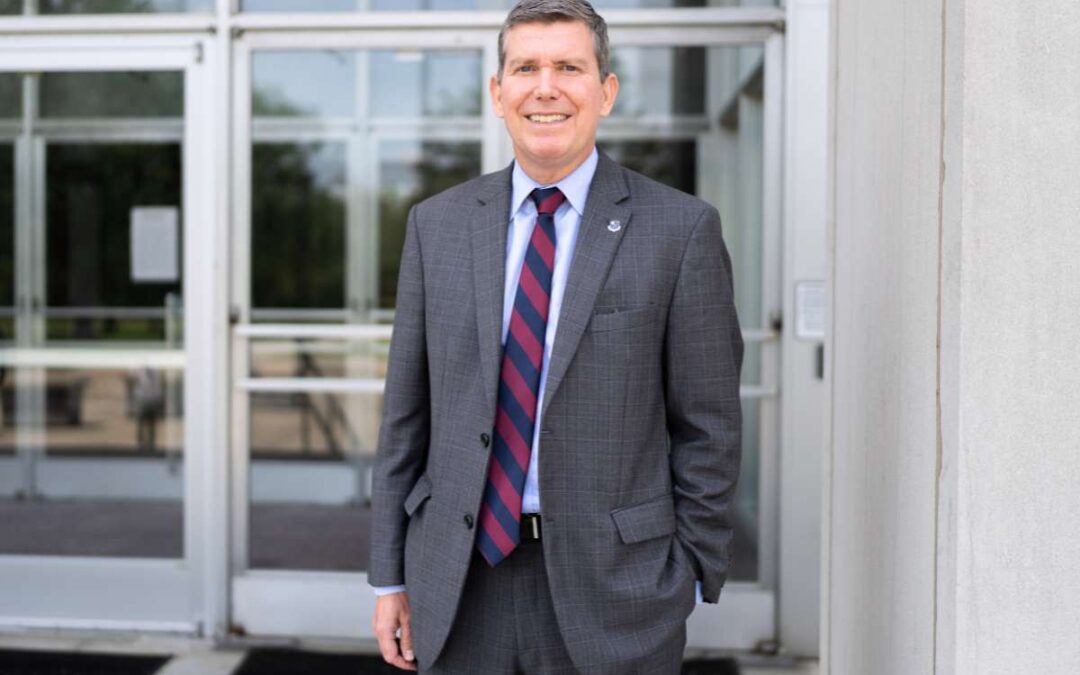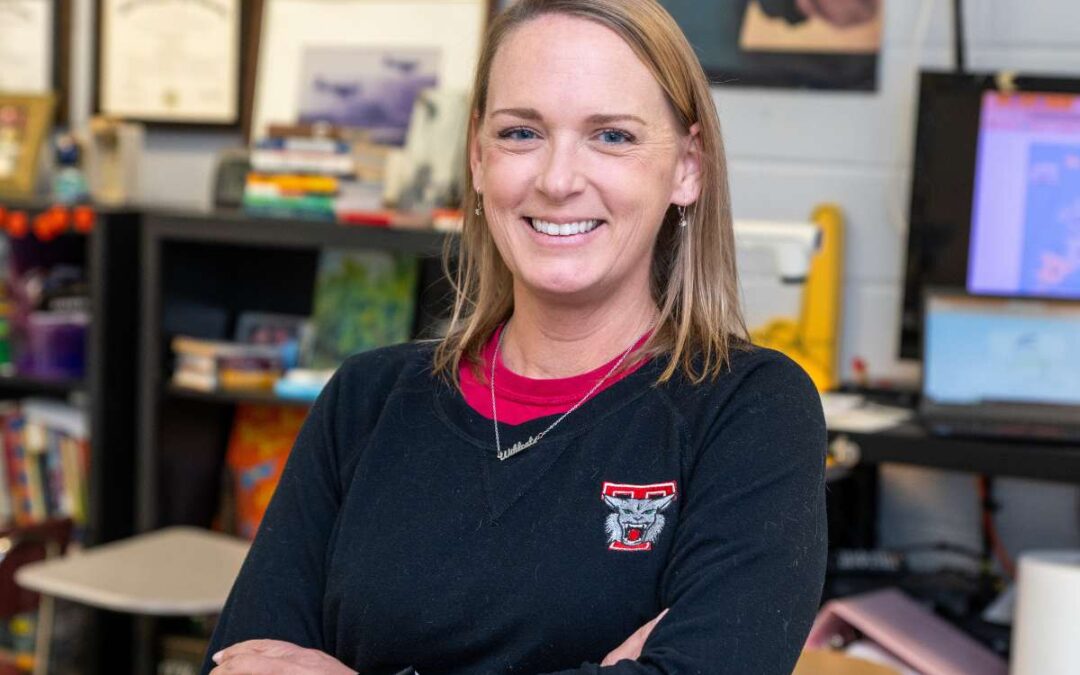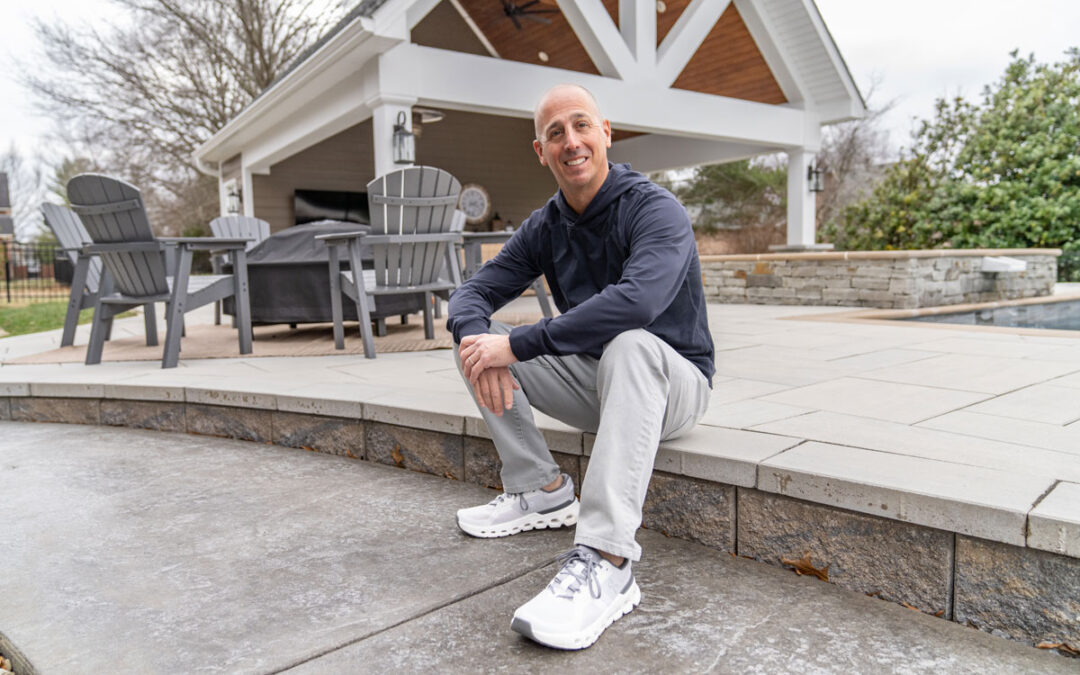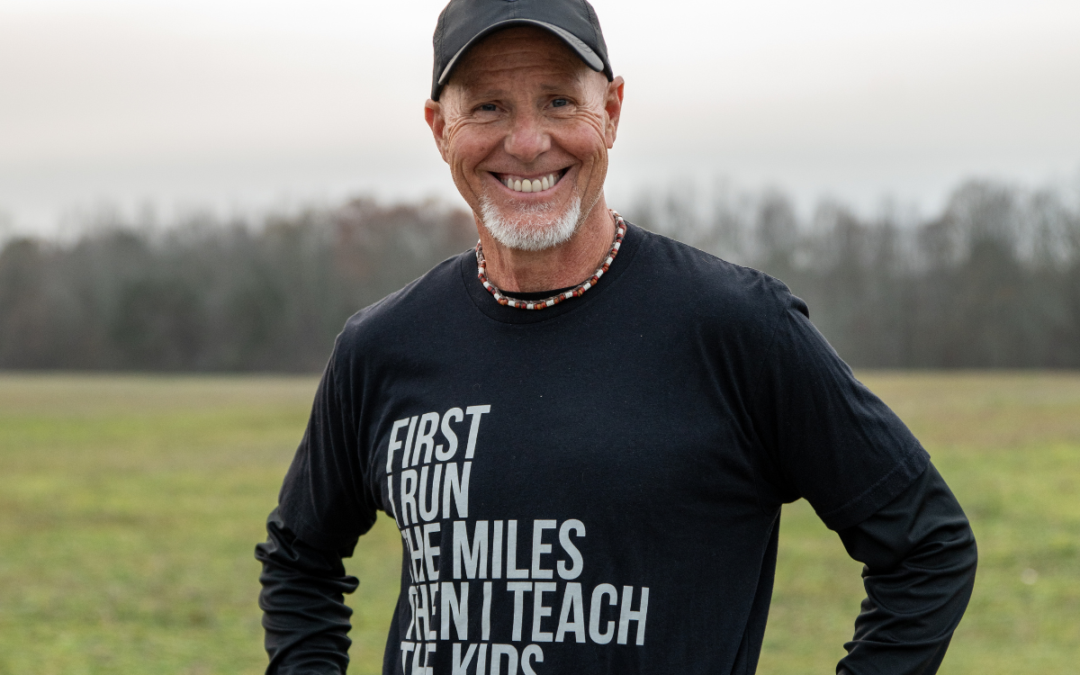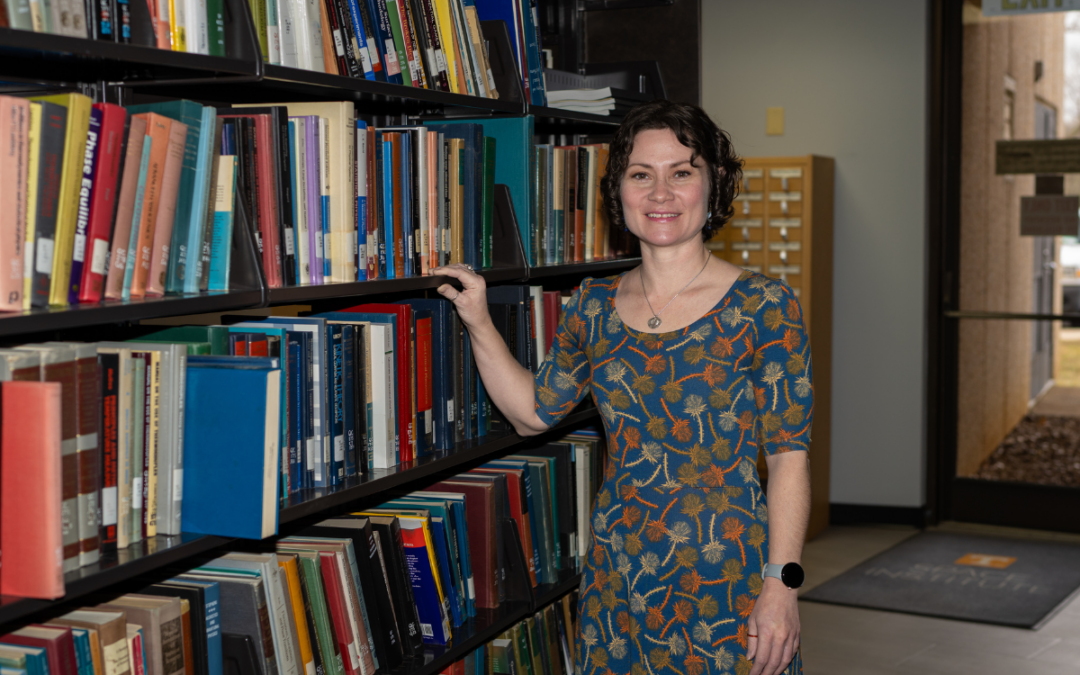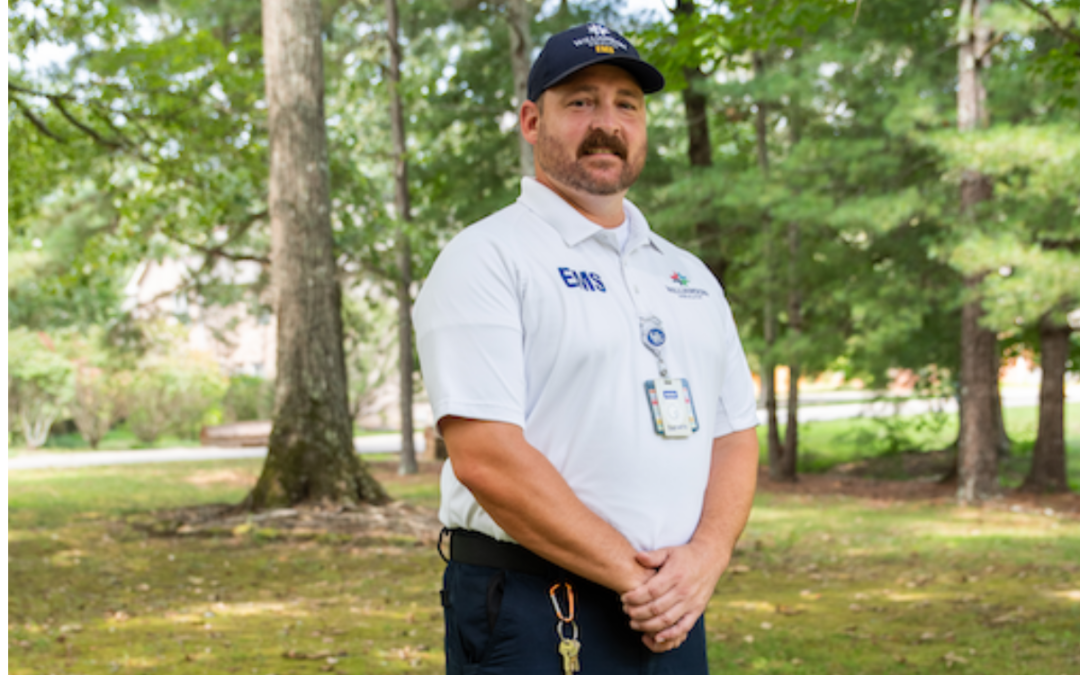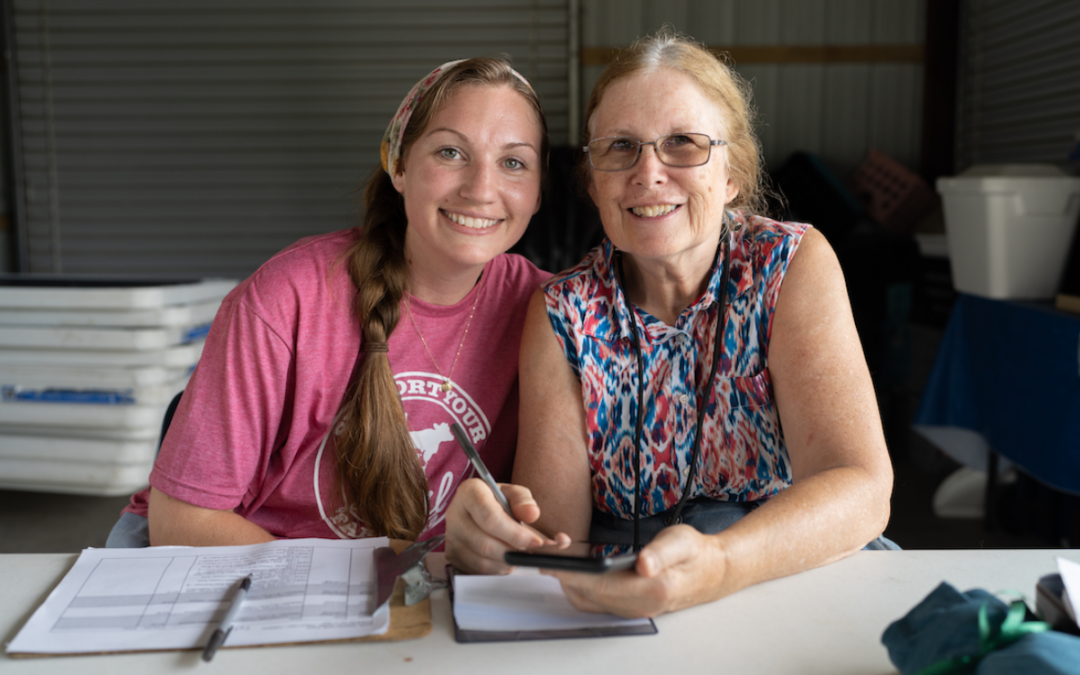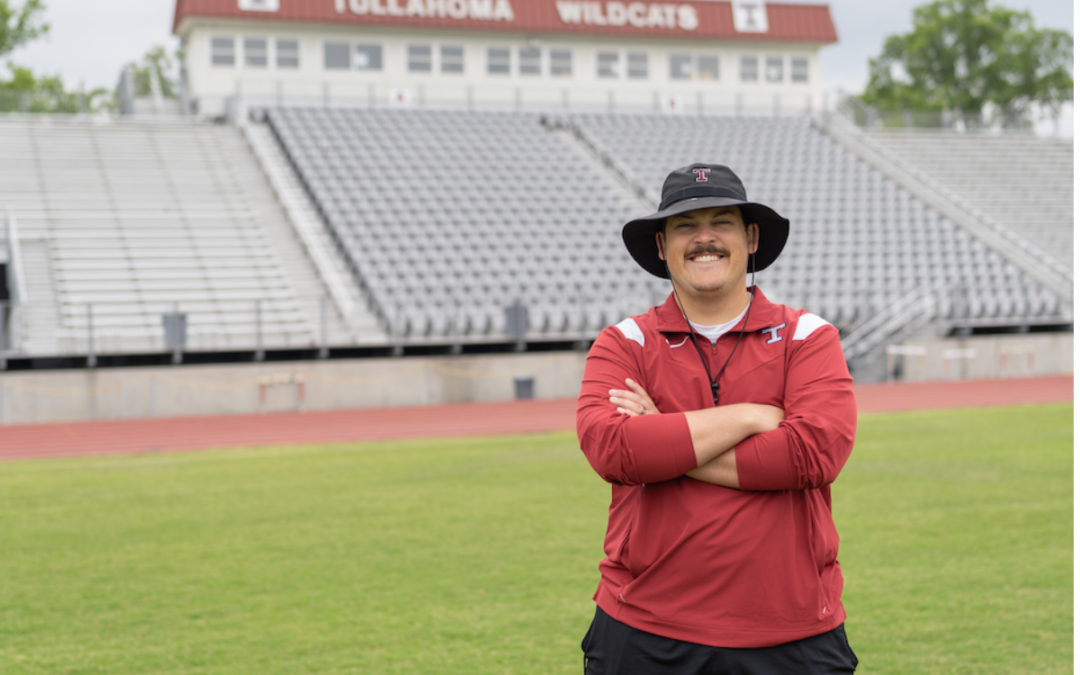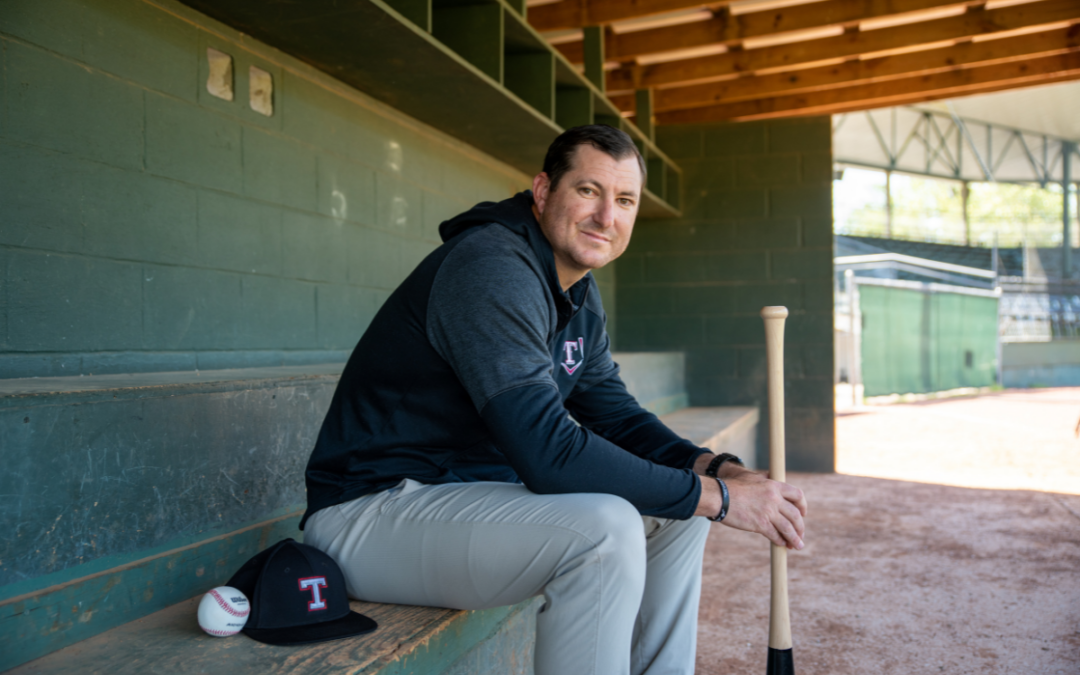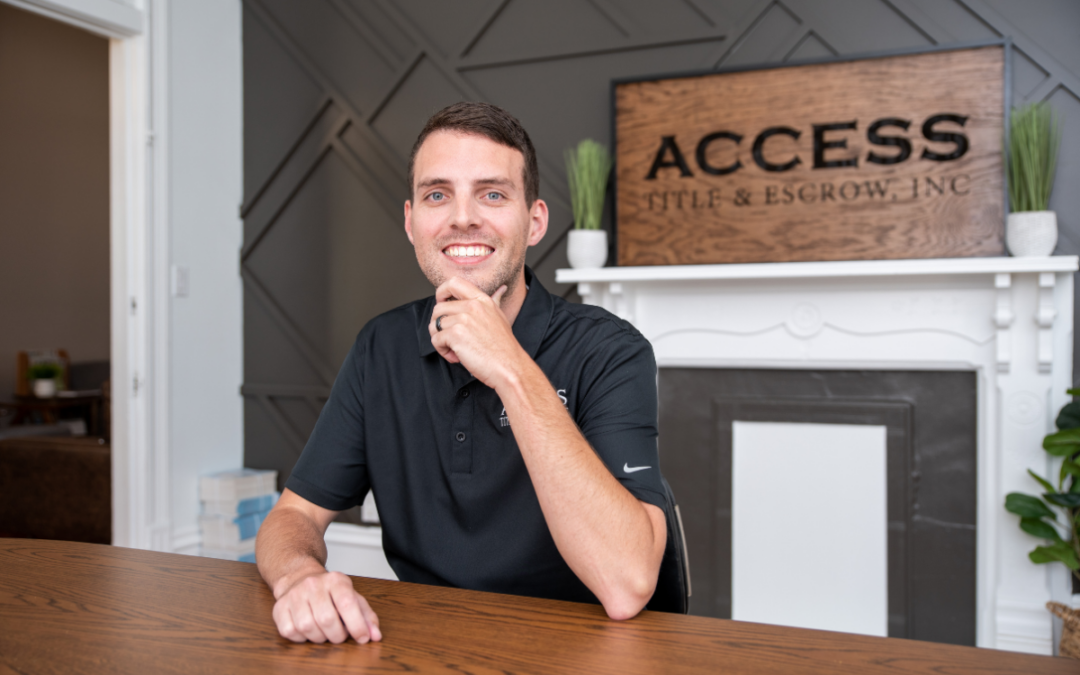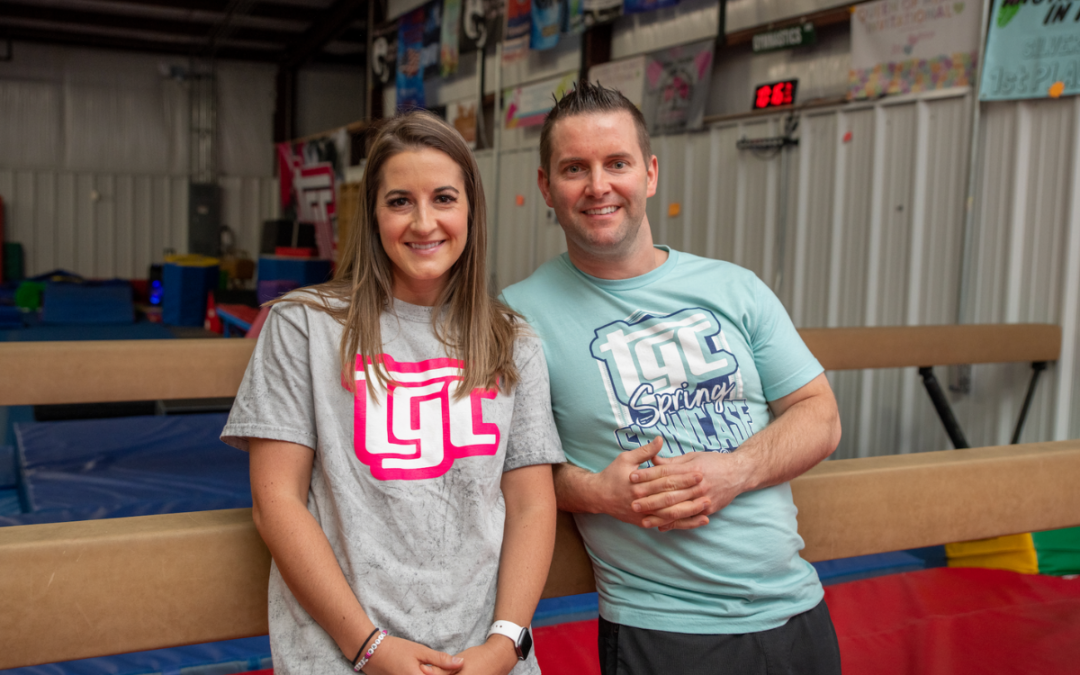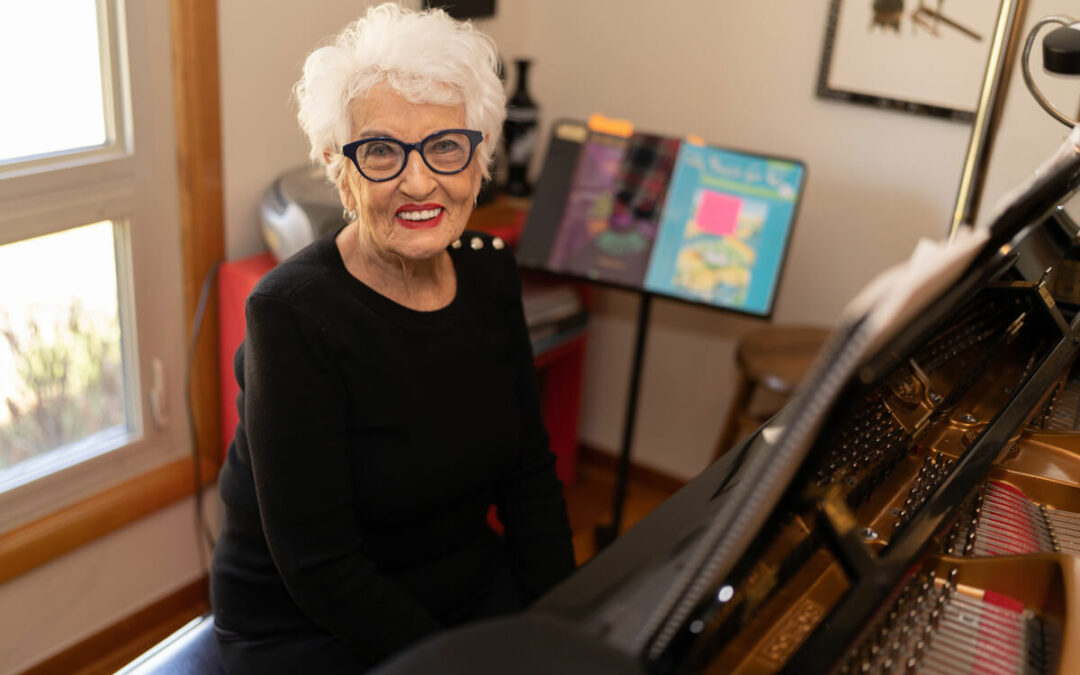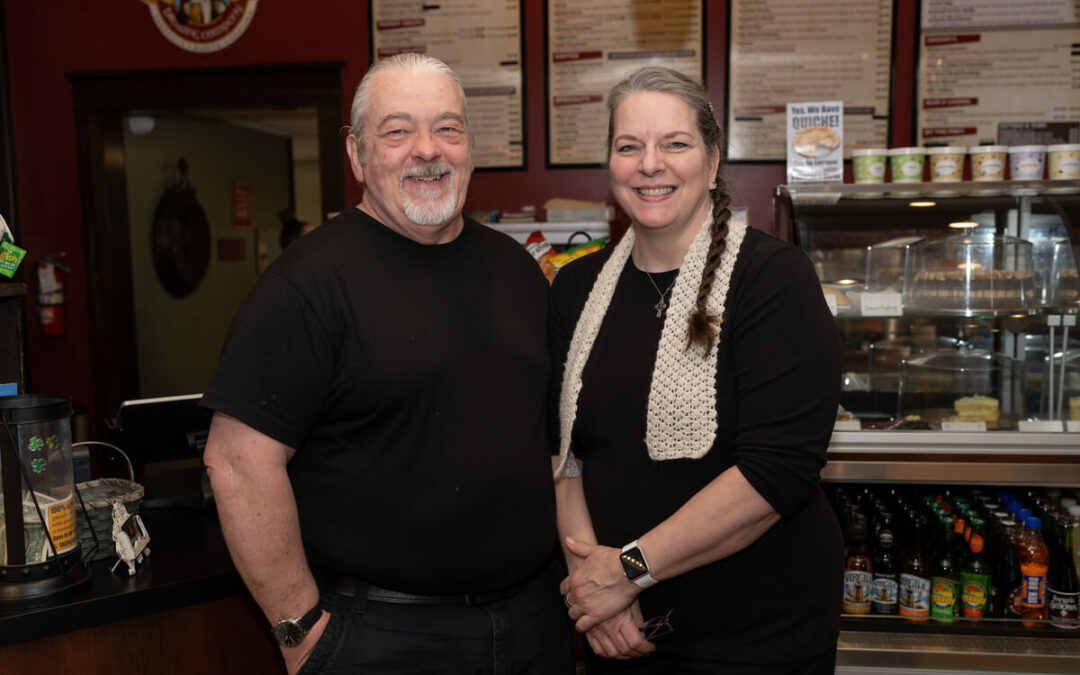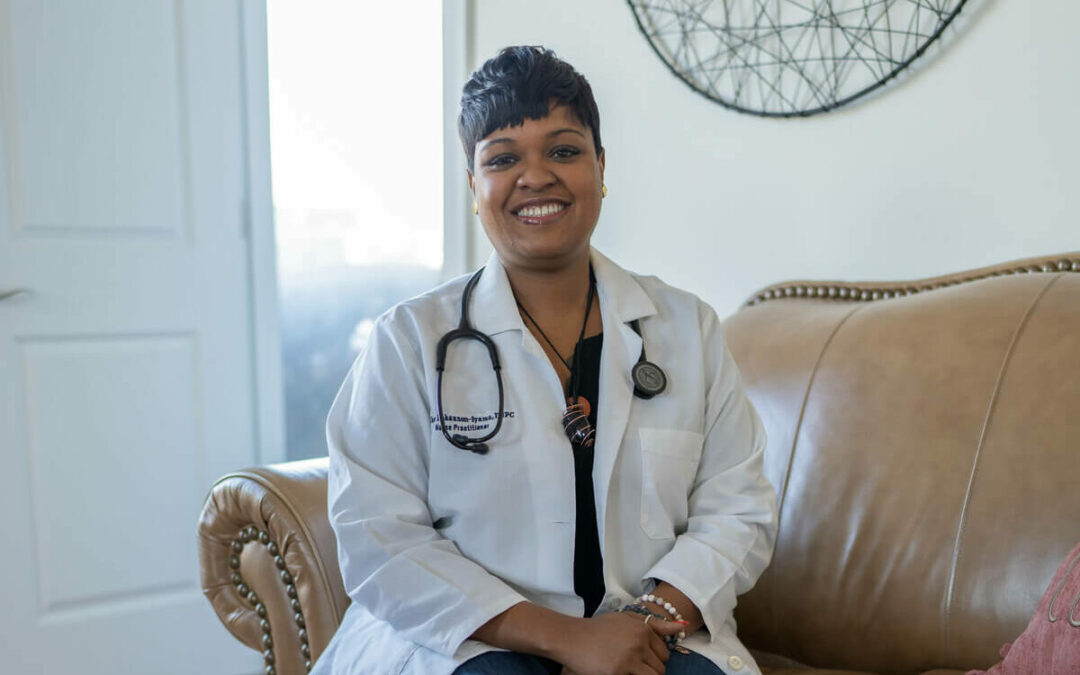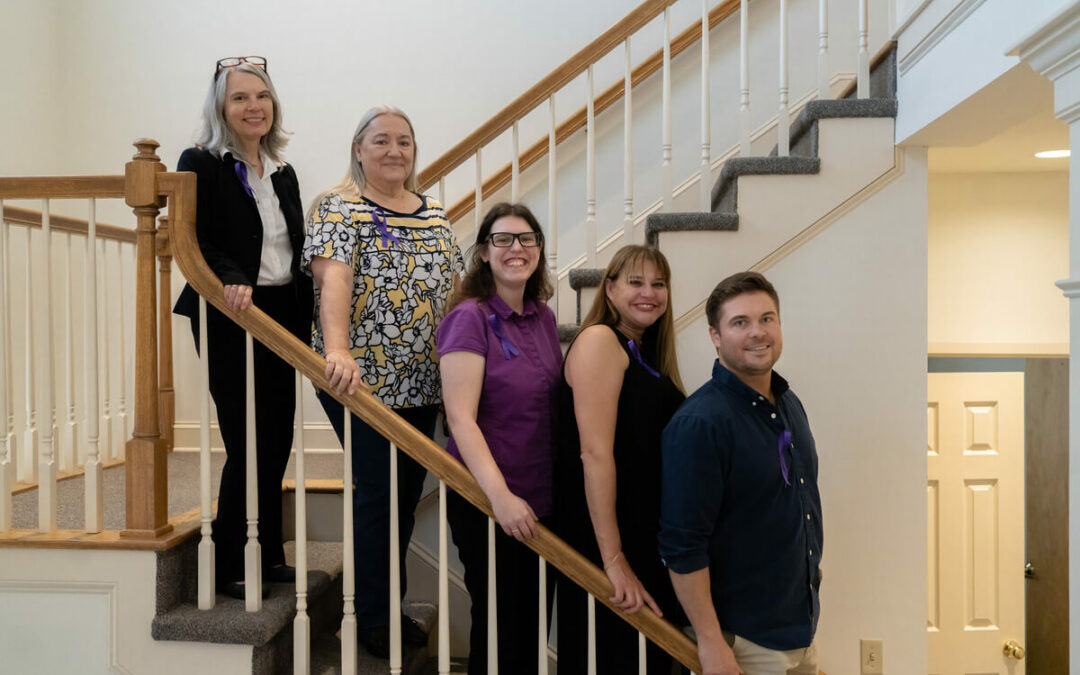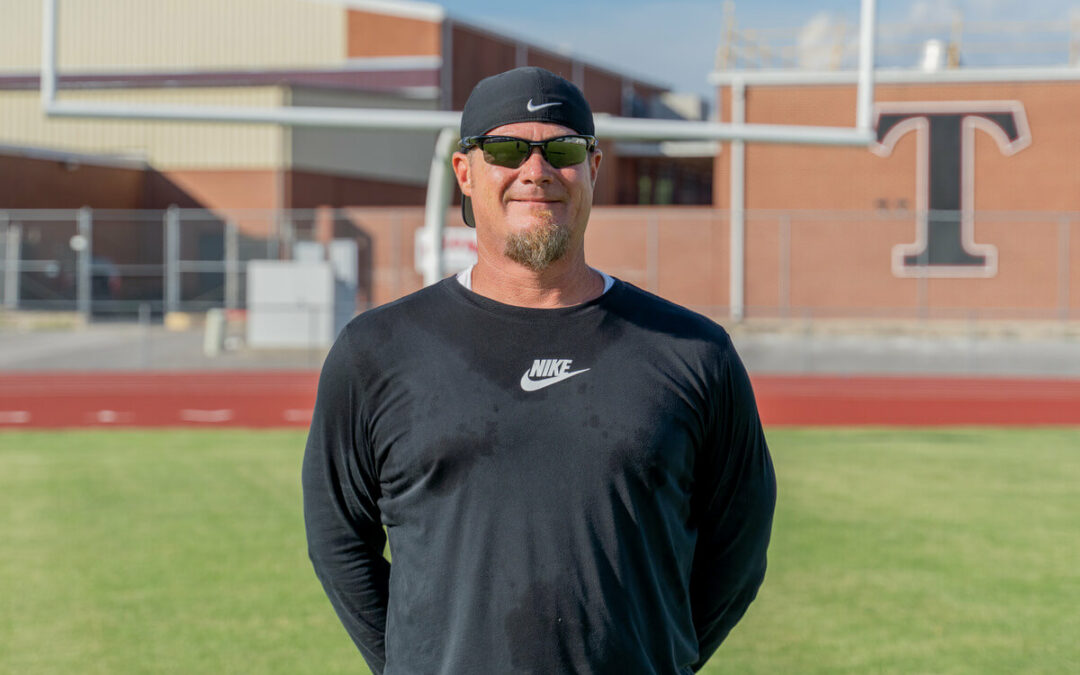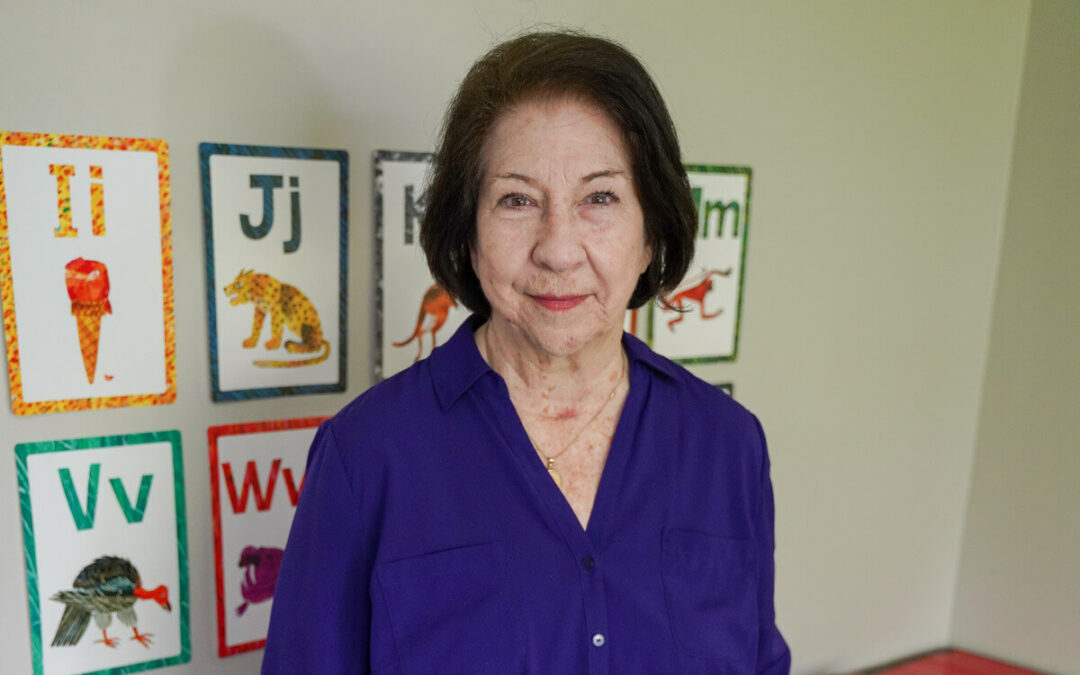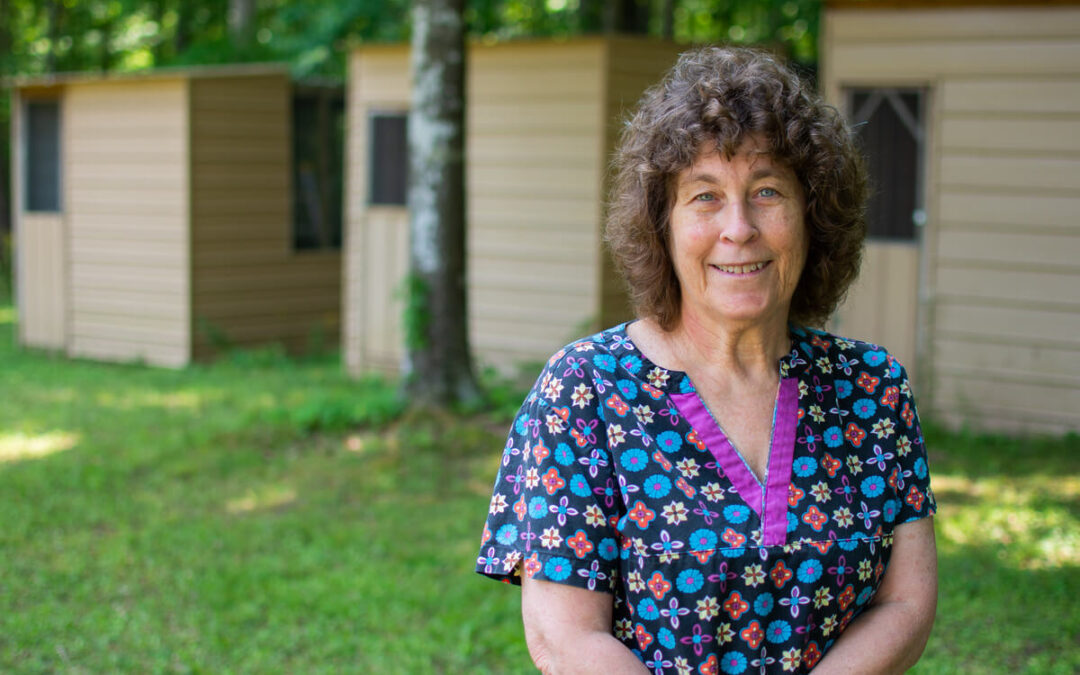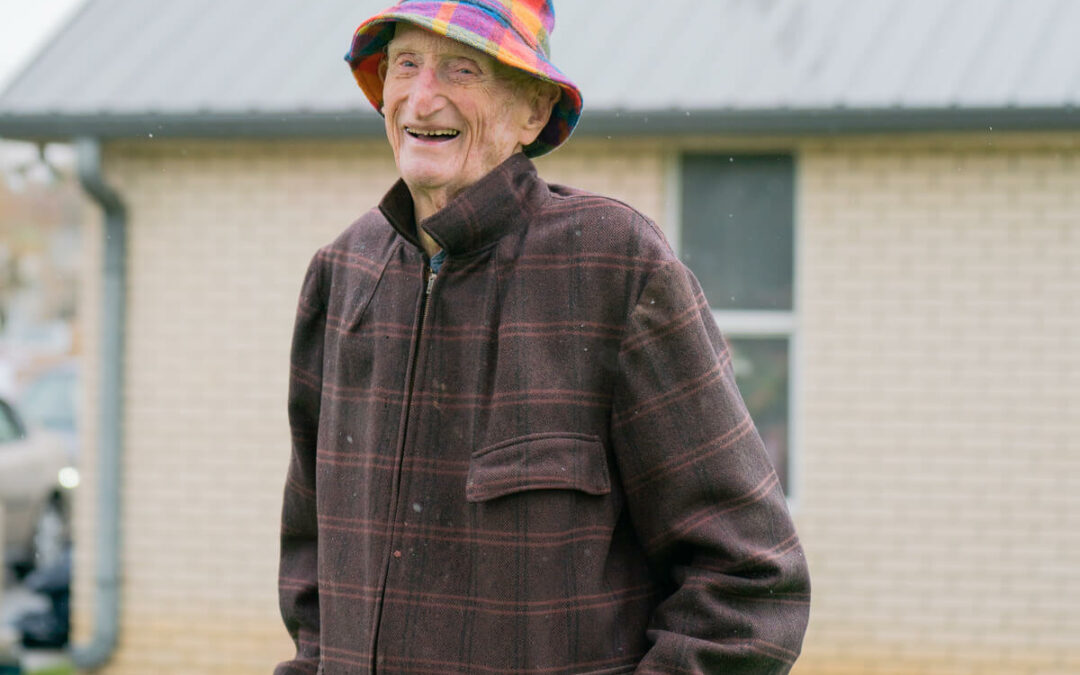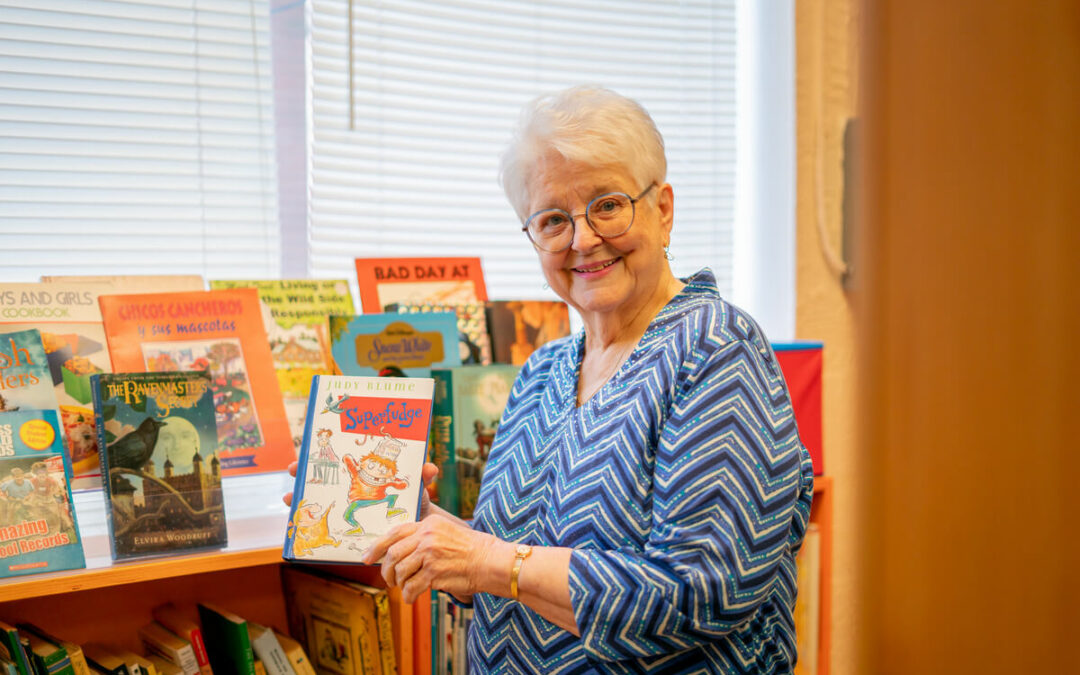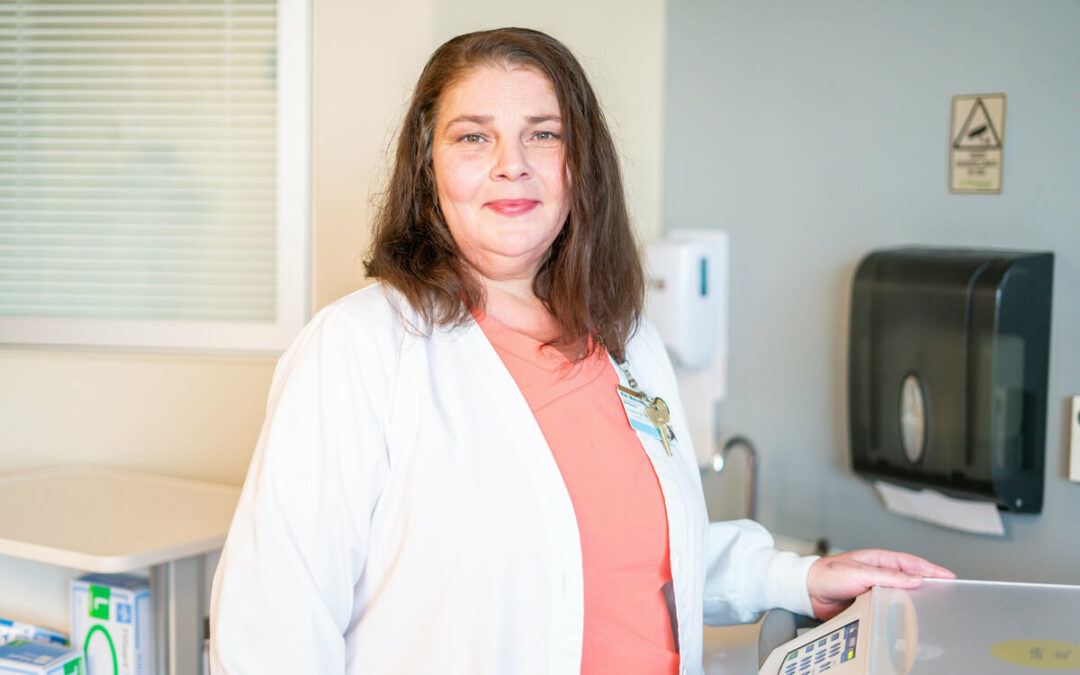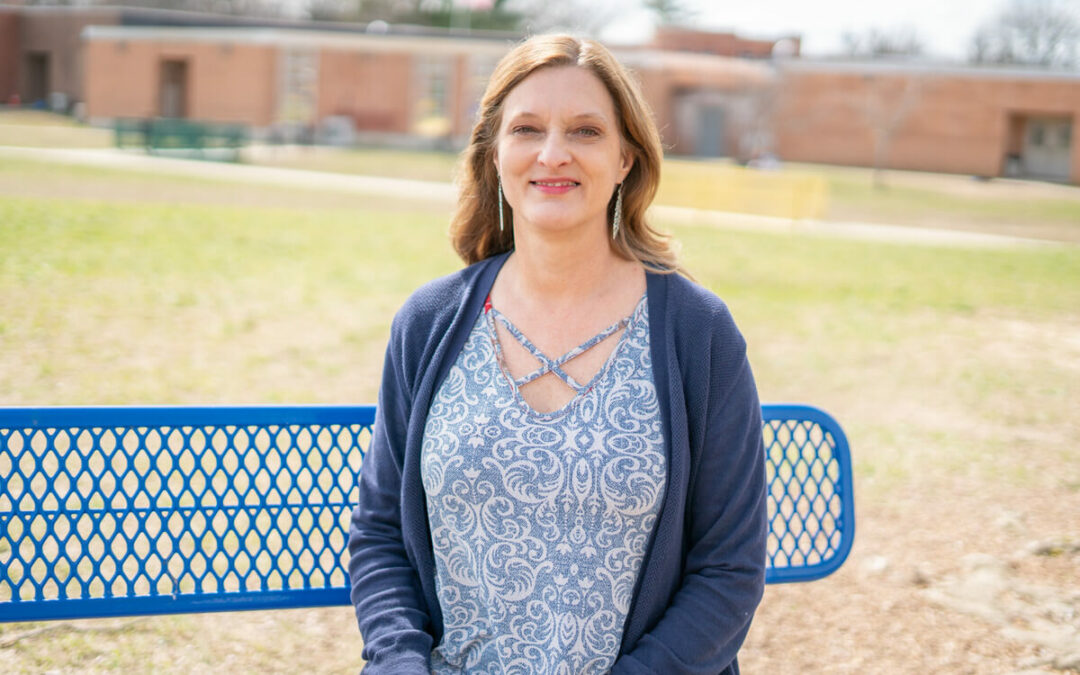SHE SUFFERED from migraines. The relentless pain, sensitivity to light, and nausea tried to steal her quality of life. Medical doctors had little to offer her besides drugs, but she found someone who helped. She discovered something that not everyone understood, especially her husband, who believed that what she found was the work of a snake oil salesman. So she sneaked out for chiropractic adjustments and found additional relief in the hands of her grandson, David Heinrich.
“I was really good at giving shoulder rubs, so chiropractic made sense. I didn’t grow up in an allopathic home with traditional medicine. It just made sense to me that if she could leave and feel better, it sounded like fun,” said Heinrich. “I wanted to be a chiropractor since third grade, even though I had no idea what it was. So throughout school, I would do research projects [about it], and career day for me was always about chiropractic. The more I learned, the more it made sense to me that this is what people want.”
For Heinrich, chiropractic care isn’t just about adjusting spines; it’s about helping people feel better and improving their lives. “A lot of medical doctors, and I’m not knocking them at all, don’t like to treat back pain. It’s really frustrating,” he explained. “They’re going to throw pills and injections at it, and then when none of that works, [they’ll prescribe] physical therapy. By the time you get put through the wringer, you’ve been dealing with this for six months when all you need to do is see me, and it’s over. I’ll get you feeling better. I promise I’ll try my hardest to make you feel as good as I can.”
Heinrich describes himself as a “functional-based chiropractor” who focuses on improving his patients’ lives. “I’m not really about the structure [of treatment]. I don’t care what it looks like; I care how it works. If I can get it working properly or working good enough for you, then, hopefully, you’ll get out of pain,” he said. “Chiropractic to me is a lifestyle. It’s not a miracle.”

One common misconception about chiropractors that Heinrich encounters is that people think it’s a questionable practice. “I guess people still think this is some kind of hocus-pocus. They don’t understand that we go through rigorous training. We go through 10 trimesters of graduate school with 34 credit hours per trimester. So it’s the equivalent of five years of school,” he clarified. “We’re smart, and we get it.”
Heinrich emphasizes that chiropractic care is grounded in science and profoundly impacts the nervous system. “The nervous system controls everything in your body, not just your brain and spinal cord,” he said. “You can send the right signals to the right parts of the body at the right time, and things stop hurting and start working better.”
He also highlights the widespread use of chiropractic care among professional athletes. “There are a lot of professional athletes who have chiropractic as a regular part of their routine,” he said. “You look at the research and see that athletes who regularly receive chiropractic care perform better.”
Heinrich is passionate about helping people of all ages. “I adjust pregnant women. The relaxin hormone makes you miserable when you’re pregnant, and your body just hurts,” he said. “I help with that and colicky babies, babies with torticollis, constipated babies, and babies that just cry all the time. Kids are free till they’re 12 in my office.”

While Heinrich’s chiropractic skills are undeniable, his warm and humorous personality truly sets him apart. “I like to have fun with people. There’s no point in me being serious. Back pain is awful, so let’s joke about it,” he laughed. “What’s the worst I’m going to do? You think I’m going to hurt you? You already hurt, so give me a try.”
For Heinrich, chiropractic care is not just a profession; it’s a lifestyle. “It’s a lifestyle thing. Sometimes you just want to feel good,” he said. “We’re in stressful times right now. Stress wears heavily on the body. Excess cortisol is awful, and it can make you hurt. It increases many different hormones and sends different signals. Chiropractic care can help alleviate that.”
During life’s many seasons, Heinrich remains steadfast in his mission to make people feel better and bring a smile to their faces. “I’m here. I love dogs; I love people,” he said. “I’m not really an extrovert, but I’m happy here helping people. It makes me feel good. Come on in, and we’ll figure out what treatment option is right for you!”
And he wants you to feel happy and good, too. If you’re in pain or just want to feel better, a visit to Heinrich Chiropractic might be just what the doctor ordered. GN


